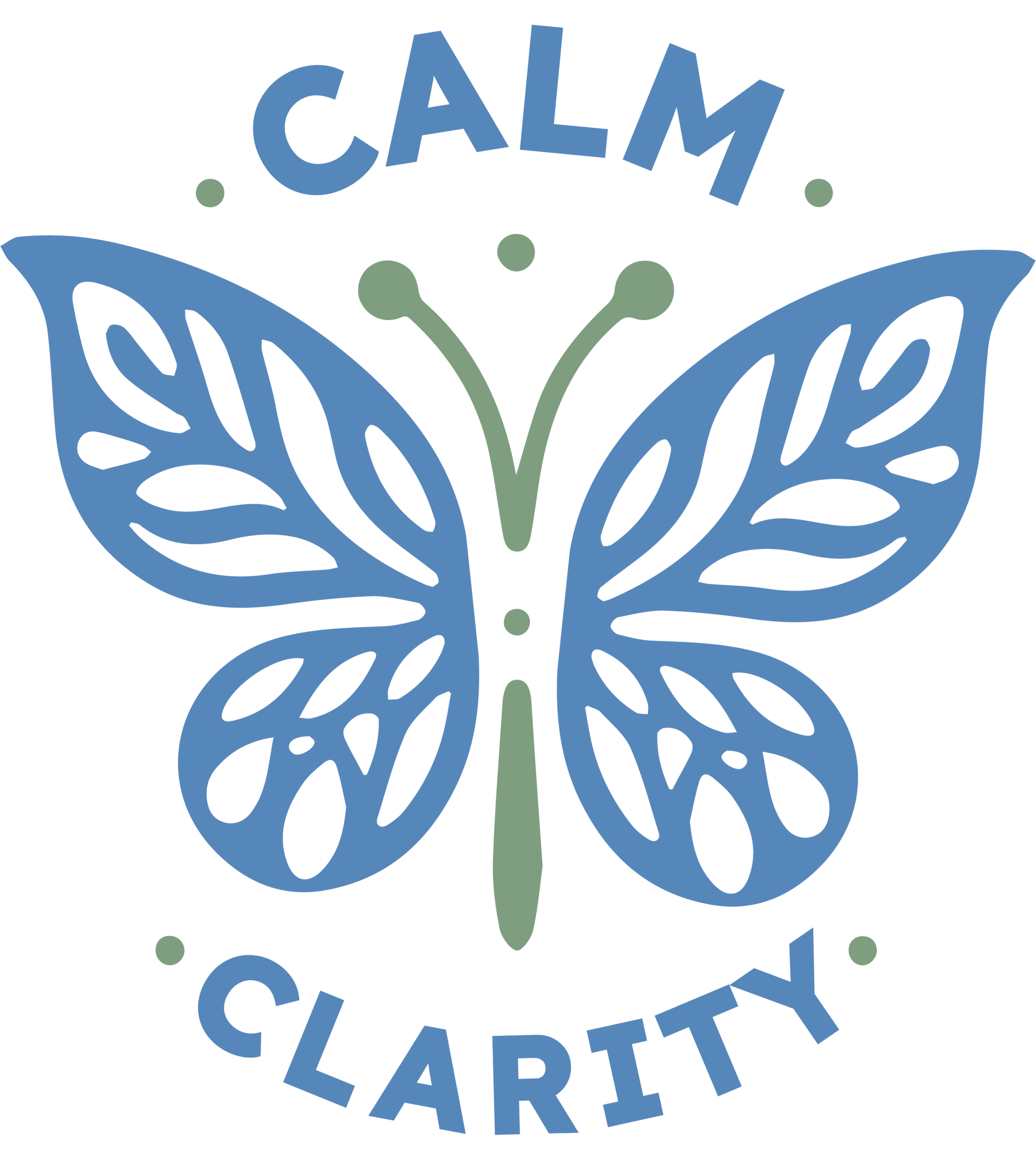Calm Clarity Therapy
The Crucial Link Between Quality Sleep and Emotional Well-being: Expert Advice

In our fast-paced world, often fueled by the vibrant energy of Denver, sleep can feel like a luxury rather than a necessity. We might skimp on hours, scroll through our phones in bed, or power through on caffeine. However, consistently sacrificing sleep has profound consequences, particularly for our mental well-being. The link between sleep and mental health is not just correlational; it's a deeply intertwined and crucial relationship. Prioritizing good sleep hygiene isn't just about feeling less tired; it's a fundamental pillar of emotional and psychological health.
Think about how you feel after a night of poor sleep. You might be irritable, find it hard to concentrate, feel more anxious, or even experience a dip in your mood. This isn't a coincidence. During sleep, our brains are hard at work, consolidating memories, processing emotions, and repairing themselves. When this essential process is disrupted, the impact on our mental state can be significant.
The Crucial Connection:
- Mood Regulation: Sleep plays a vital role in regulating neurotransmitters like serotonin and dopamine, which are key players in mood stability. Insufficient sleep can disrupt this balance, making us more susceptible to irritability, sadness, and even symptoms of depression and anxiety.
- Emotional Processing: While we sleep, our brains process emotional experiences from the day. Chronic sleep deprivation can impair this processing, leading to heightened emotional reactivity and difficulty managing stress.
- Cognitive Function: Adequate sleep is essential for optimal cognitive function, including attention, concentration, memory, and decision-making. When we're sleep-deprived, our ability to think clearly and cope with daily challenges is compromised, which can exacerbate feelings of anxiety and overwhelm.
- Stress Response: Lack of sleep can increase the body's stress response, leading to higher levels of cortisol, the stress hormone. This chronic activation of the stress system can negatively impact both physical and mental health over time.
Practical Tips for Improving Sleep Hygiene:
The good news is that improving your sleep hygiene is often achievable with consistent effort. Here are some practical tips you can incorporate into your routine, even amidst the busy Denver lifestyle:
- Establish a Consistent Sleep Schedule: Go to bed and wake up around the same time every day, even on weekends. This helps regulate your body's natural sleep-wake cycle (circadian rhythm). Consistency is key!
- Create a Relaxing Bedtime Routine: Wind down for at least an hour before bed. This could include taking a warm bath, reading a physical book (not on a screen!), listening to calming music, or practicing gentle stretching or meditation.
- Optimize Your Sleep Environment: Make sure your bedroom is dark, quiet, and cool. Invest in comfortable bedding and consider using blackout curtains or earplugs if needed.
- Limit Exposure to Screens Before Bed: The blue light emitted from electronic devices (phones, tablets, computers, TVs) can interfere with melatonin production, a hormone that regulates sleep. Aim to power down at least an hour before bedtime.
- Watch Your Caffeine and Alcohol Intake: Avoid caffeine, a stimulant, in the late afternoon and evening. While alcohol might initially make you feel sleepy, it can disrupt sleep later in the night.
- Be Mindful of Food and Drink Before Bed: Avoid heavy meals or excessive fluids close to bedtime to prevent discomfort and nighttime awakenings.
- Get Regular Exercise: Physical activity can improve sleep quality, but avoid intense workouts close to bedtime. Aim for exercise earlier in the day. Enjoying the many outdoor activities Denver offers can be a great way to achieve this!
- Limit Daytime Naps (or Keep Them Short): While a short nap can be refreshing, long or late-day naps can interfere with nighttime sleep. If you nap, keep it under 30 minutes and avoid napping too close to bedtime.
- Address Worries Before Bed: If you find yourself lying awake with racing thoughts, try writing them down earlier in the evening or practicing relaxation techniques to quiet your mind.
- Seek Professional Help When Needed: If you consistently struggle with sleep despite implementing good sleep hygiene practices, it's important to consult with a doctor or therapist. Underlying medical conditions or mental health issues could be contributing to your sleep problems.
Prioritizing Sleep in the Mile High City:
In a city that encourages an active and engaged lifestyle, it's easy to let sleep take a backseat. However, recognizing the vital link between sleep and mental well-being is crucial for thriving in Denver and beyond. By making conscious efforts to improve your sleep hygiene, you're not just investing in better rest; you're investing in a more resilient, balanced, and mentally healthy you. Make sleep a priority, and experience the positive ripple effects it has on your overall well-being.
Sources and related content





